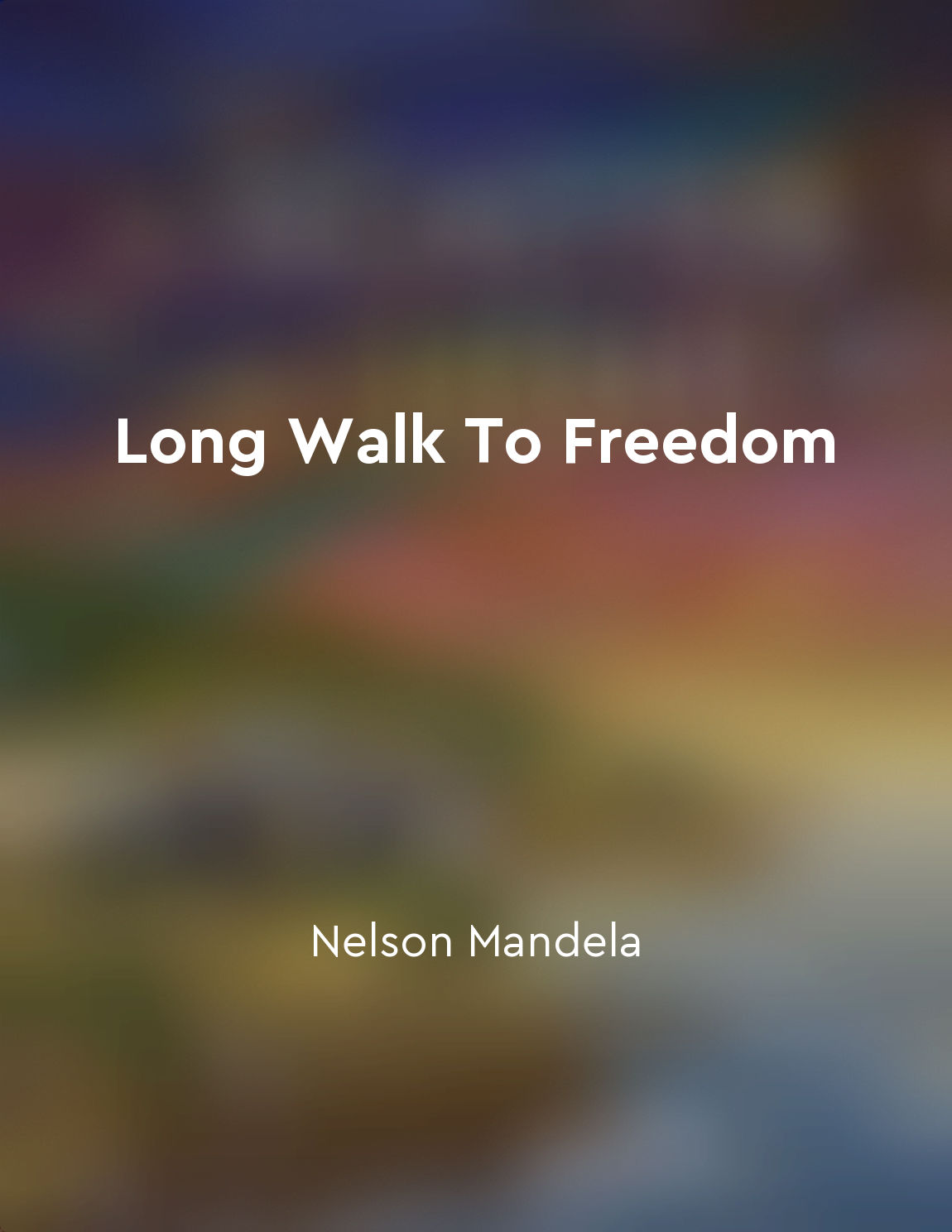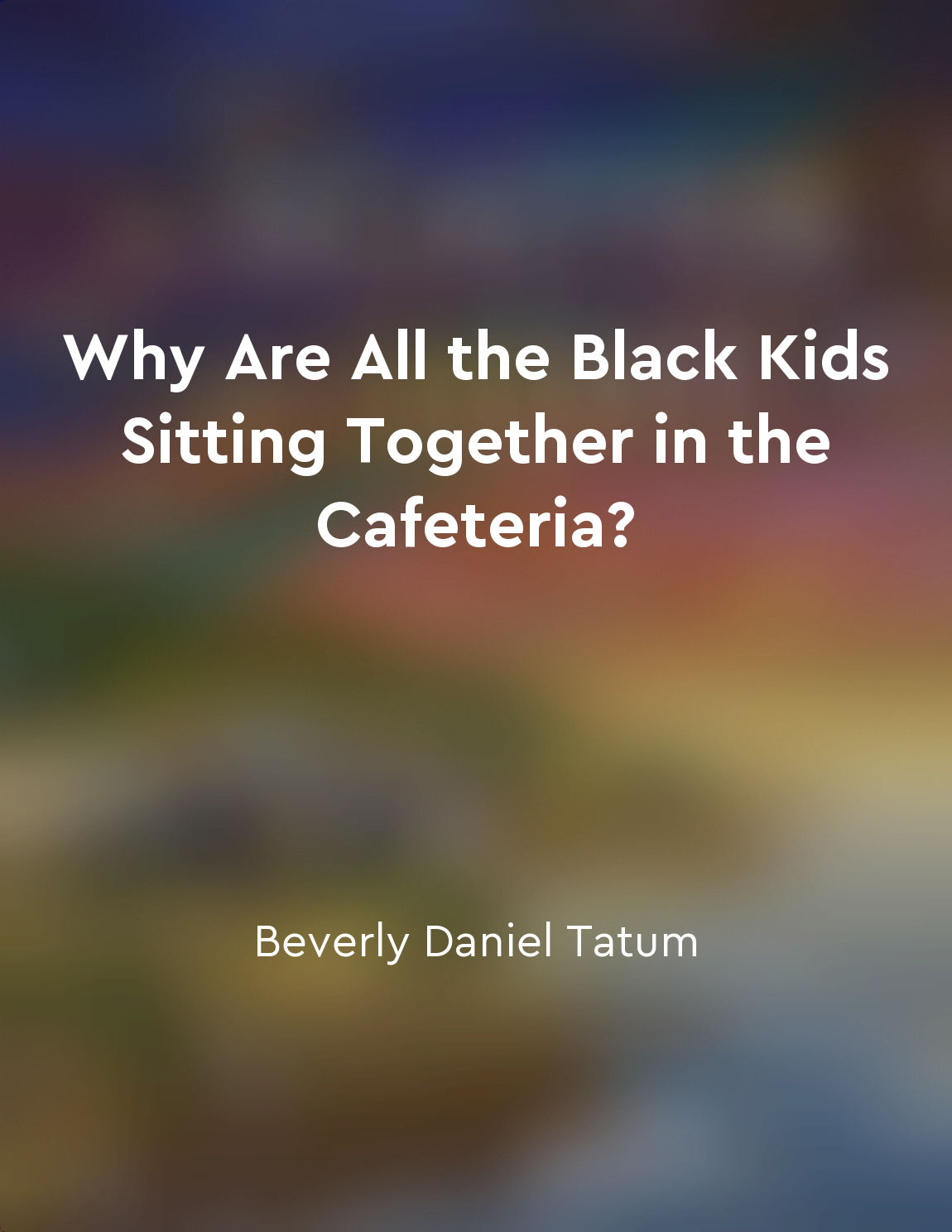Solidarity with oppressed groups is essential from "summary" of So You Want to Talk About Race by Ijeoma Oluo
Solidarity with oppressed groups is essential. It is a foundational principle of anti-racism work. It means standing with those who are marginalized and fighting alongside them for justice and equality. It requires recognizing that the struggles of oppressed groups are interconnected and that we all have a role to play in dismantling systems of oppression. When we show solidarity with oppressed groups, we are acknowledging the ways in which we benefit from privilege and power. It is about using our privilege to uplift the voices of those who are most impacted by racism and other forms of discrimination. Solidarity is not just about showing support; it is about taking action to create real change. Solidarity requires us to listen to and learn from those who are directly affected by racism. It means amplifying their voices and advocating for their rights. It also involves challenging our own biases and assumptions, and being willing to confront the ways in which we may unknowingly contribute to oppression. Solidarity is not always easy. It requires us to step out of our comfort zones and confront uncomfortable truths. It may involve having difficult conversations with friends, family members, or colleagues. But it is through these challenges that we can grow and become better allies to those who are fighting for justice.- Solidarity with oppressed groups is about recognizing our shared humanity and working together to create a more just and equitable society. It is about standing in solidarity with those who are most vulnerable and using our voices and actions to bring about meaningful change. Solidarity is not just a moral imperative; it is a necessary step towards building a more inclusive and equitable world.
Similar Posts
Importance of historical context in understanding racial issues
Understanding racial issues requires a deep dive into historical context. To truly grasp the complexities of racism and discrim...
Using humor as a coping mechanism
One of the key strategies that I have employed to navigate the challenges of my upbringing is humor. I have always believed tha...

Social and political activism
Social and political activism are essential components in the fight for racial equality and justice. This activism involves act...

Advocating for rights of black South Africans
In the struggle for justice and equality in South Africa, one of the central themes that emerged was the need to advocate for t...

Hope for a better future through unity
The idea that we can achieve a brighter tomorrow by coming together as one has always been at the core of our beliefs. It is th...

Seek out likeminded individuals
Think about the people who share your values, your vision, your rebellious spirit. Seek them out like a pirate hunting for trea...
Coates calls for a deeper understanding of the black experience
Coates insists on the necessity to delve deeper into the black experience, to uncover its complexities and nuances that are oft...
Booker T. Washington promoted education
Booker T. Washington, an influential figure in Black history, emphasized the importance of education as a means of empowerment ...
Elites wield significant influence in shaping societal norms
The powerful and wealthy individuals who make up the elite class hold a considerable amount of sway over the norms and values t...

White students may not understand the need for separate spaces
For many white students, the idea of creating separate spaces based on race might seem unnecessary or even harmful. They may no...


